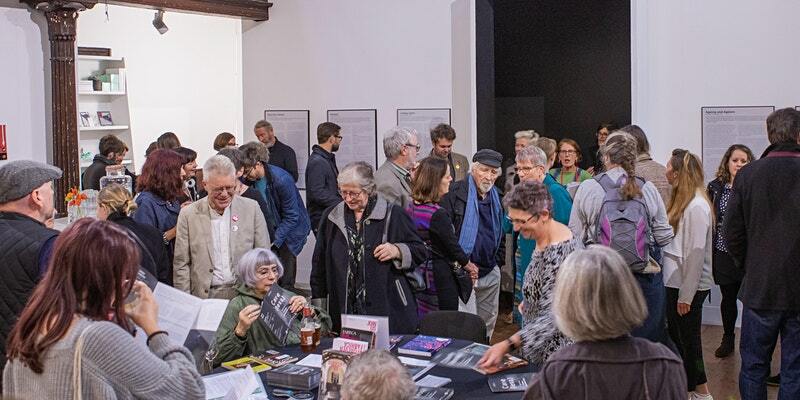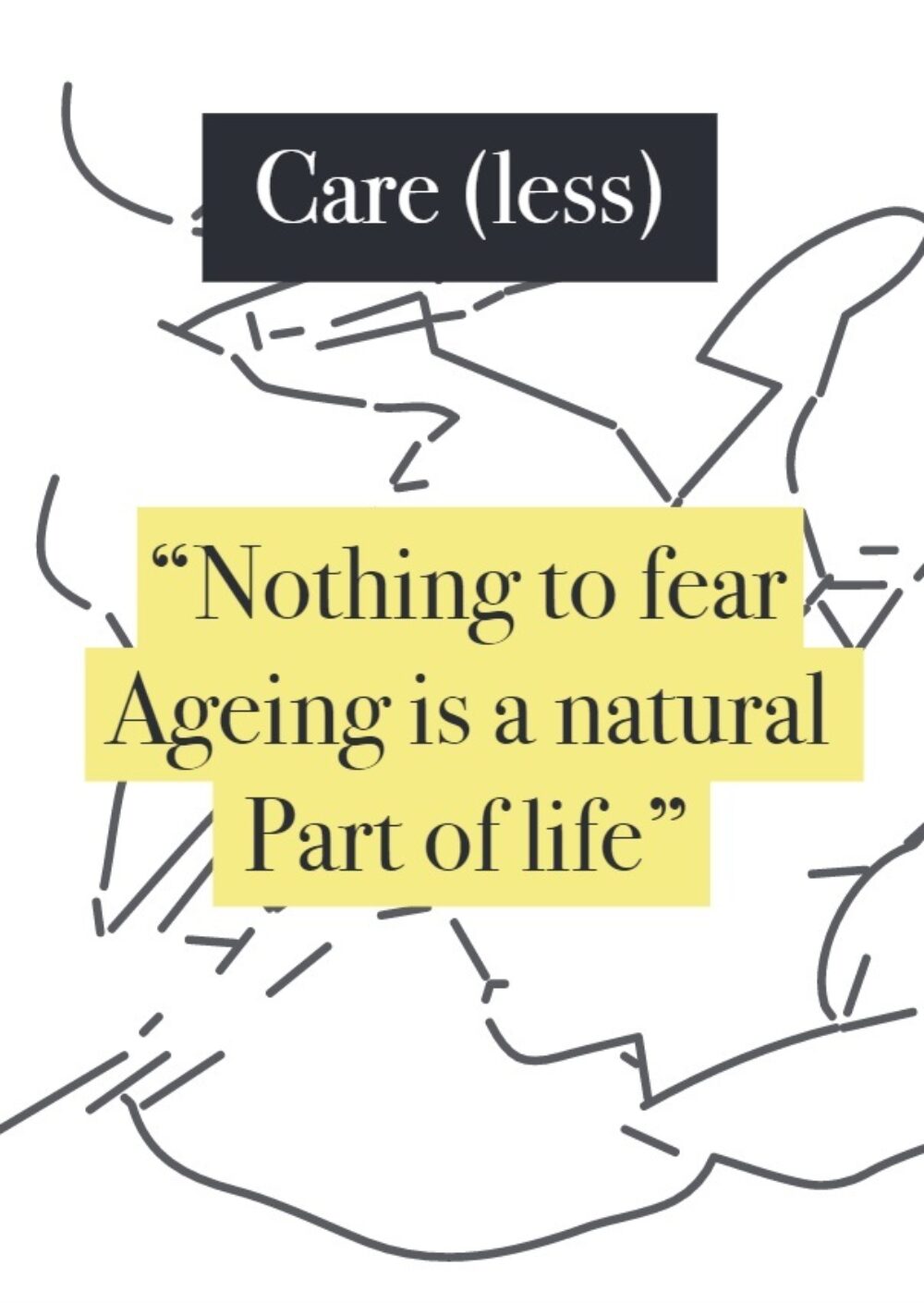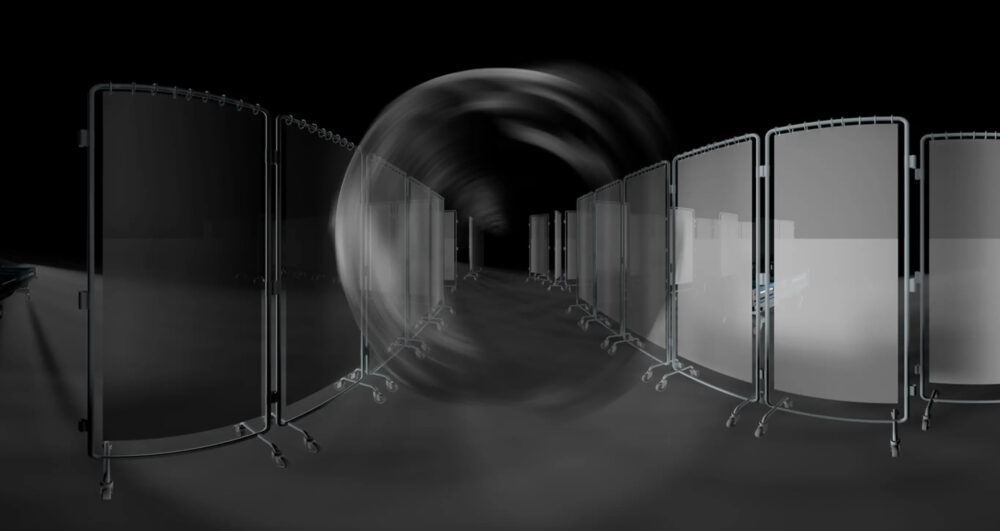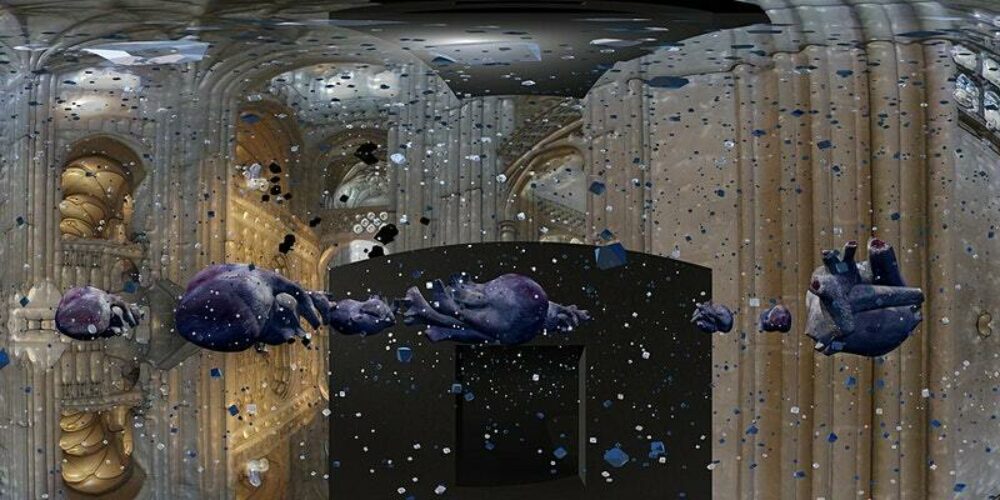Gallery Talk: Compassionate Resistance, can radical acts of care challenge an inhuman system?
Archive
Events & Talks
(26 October 2019, 1.00pm - 3.00pm)
Yet in the UK, the historical systems we have created to care for ourselves, our communities and environment: the NHS, the welfare state and our political and legal systems seem to be failing to do so effectively. Variously described as: outdated, expensive, influenced by market values, inequitable and unable or unwilling to respond to the present challenges of modern living and climate change, ‘the system’ has become inhuman. The system has in effect become an orderly process of managing human suffering and inequity, but not really concerned with reducing the sum of it or changing the circumstance from which suffering arises.
Putting care ethics at the forefront of how we develop our systems of support into the future is perhaps the first step towards change for the better. But how to challenge the current status quo, the entrenched mindset and practice of our current systems so that this idea can take hold?
Our speakers for this discussion define themselves as ‘ordinary’ people who have taken this first step by putting care and compassion at the forefront of their moral and political thinking - and then crucially acting upon it, and in so doing bringing attention to the social, environmental or moral injustice at hand.
Short presentations by the speakers will provide the catalyst for a discussion with the audience, chaired by Dr Lizzie Ward
Joel Gage, Chair of Aegean Solidarity Network. Joel founded the charity in 2015 after witnessing first hand the desperate plight of refugees and people fleeing conflict arriving on the Greek island of Leros. ASN is dedicated to supporting all people escaping life threatening conflict landing in Greece by supporting safe places to stay, safe spaces to talk, provisions of food, dry clothes, and education amongst many other needs.
Andrea Needham works as a qualified nurse and is a long-time peace and environmental campaigner. On 29 January 1996, Andrea with Jo Blackman and Lotta Kronlid broke into a British Aerospace factory in Lancashire and used household hammers to disarm a Hawk warplane bound for Indonesia. In 2016 she wrote a book about the experience, The Hammer Blow: how ten women disarmed a warplane.
Hannah Denton is a counselling psychologist working in adult mental health. Immediately after qualifying she worked for Médecins Sans Frontières (Doctors Without Borders) as a mental health officer and completed two 'missions' with them. One in Quetta in Pakistan for nine months (2008) the other in Kupwara, near the line of control in Kashmir for ten months (2009-2010).
Dr Lizzie Ward is Principal Research Fellow at the School of Applied Social Science, Centre for Arts and Wellbeing, Care, Ethics and Participation Research and Enterprise Group, University of Brighton.



